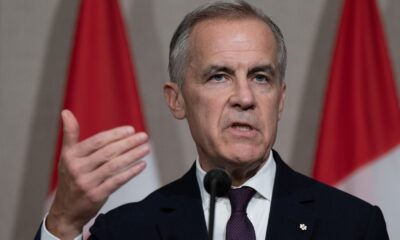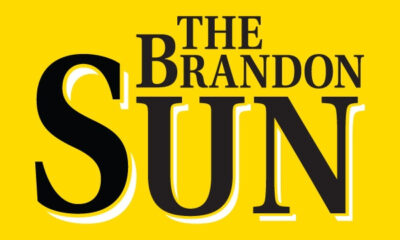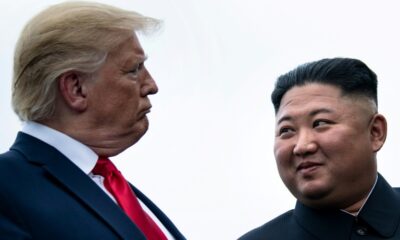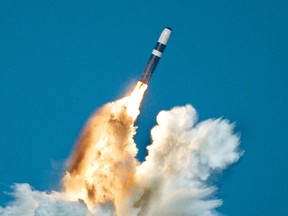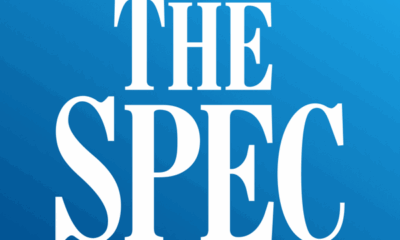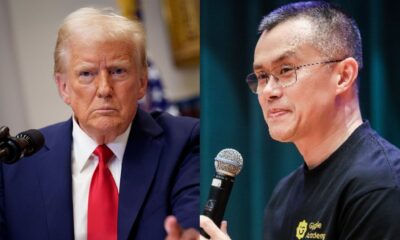Top Stories
Trump Announces Immediate Resumption of Nuclear Weapons Testing
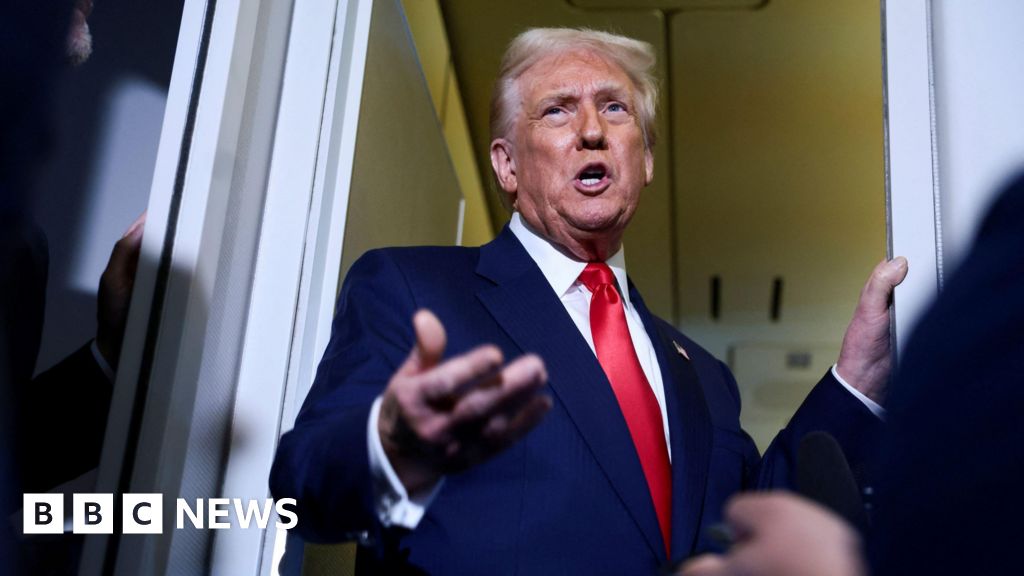
UPDATE: President Donald Trump has just announced a groundbreaking change in U.S. military policy—immediate resumption of nuclear weapons testing. In a post on his social media platform, Truth Social, Trump stated, “Because of other countries’ testing programs, I have instructed the Department of War to start testing our Nuclear Weapons on an equal basis.” This announcement comes as he prepares for a significant meeting with the Chinese president today.
The implications of this decision are enormous. Experts warn that Trump’s move could escalate tensions in an already precarious global landscape and potentially trigger a new nuclear arms race. According to policy analysts, the world is at a critical juncture, with increasing risks of nuclear conflict involving major powers like Russia and China.
Trump’s announcement raises urgent questions about the nature of these tests. Will the U.S. be testing actual nuclear warheads or merely delivery systems? No clarification has yet been provided from the White House, leaving the international community on edge. Nuclear testing has not occurred in the U.S. since 1992, and the last known tests globally were conducted by North Korea in 2017.
Jamie Kwong, a fellow at the Carnegie Endowment for International Peace, expressed her concerns: “We’re at a very concerning moment where the U.S., Russia, and China are potentially entering a moment that could very well become an arms race.” She emphasized that the absence of nuclear tests for decades among major powers could lead to a “domino effect.”
The backdrop of this announcement includes escalating conflicts, such as the war in Ukraine where Russian President Vladimir Putin has made veiled nuclear threats, and tensions between nuclear-armed neighbors Pakistan and India. Additionally, the situation on the Korean peninsula and China’s activities regarding Taiwan complicate matters further.
As the last remaining arms control treaty between the U.S. and Russia expires in February, this announcement could mark a significant shift in nuclear policy. Trump claimed that the U.S. has more nuclear weapons than any other country, a statement contradicted by the Stockholm International Peace Research Institute, which estimates Russia possesses 5,459 nuclear warheads, compared to the U.S.’s 5,177.
In response to Trump’s announcement, a Kremlin spokesperson warned that “if someone departs from the moratorium, Russia will act accordingly.” Meanwhile, Chinese officials have called on the U.S. to adhere to its obligations under the Comprehensive Nuclear-Test-Ban Treaty.
Daryl Kimball, executive director of the Arms Control Association, labeled the decision to resume nuclear testing as “a mistake of historic international security proportions.” He cautioned that without new constraints on arsenals from both the U.S. and Russia, the world is likely heading towards a dangerous three-way arms race involving the U.S., Russia, and China.
Experts agree that the risks are mounting. Hans Kristensen from the Federation of American Scientists noted a concerning trend: “The average person should be very concerned because there has been an increase in nuclear warheads for the first time since the Cold War.” The potential for nuclear testing to provoke a political message is echoed by Robert Peters of the Heritage Foundation, who argued that demonstrating credibility could lead to more testing.
As the world watches closely, experts like Rhys Crilley from the University of Glasgow fear that we are on the brink of a new nuclear arms race. He stated, “If the new nuclear arms race hasn’t already begun, then we’re currently heading towards the starting line.”
The urgency of this situation cannot be overstated. With the stakes higher than ever, the potential for a resumption of nuclear testing by the U.S. could shift the balance of global security and provoke a ripple effect among nuclear powers. As developments unfold, the international community remains on high alert, waiting to see how this unprecedented policy shift will impact global stability.
-

 World4 months ago
World4 months agoScientists Unearth Ancient Antarctic Ice to Unlock Climate Secrets
-

 Entertainment4 months ago
Entertainment4 months agoTrump and McCormick to Announce $70 Billion Energy Investments
-

 Lifestyle4 months ago
Lifestyle4 months agoTransLink Launches Food Truck Program to Boost Revenue in Vancouver
-

 Science4 months ago
Science4 months agoFour Astronauts Return to Earth After International Space Station Mission
-

 Technology2 months ago
Technology2 months agoApple Notes Enhances Functionality with Markdown Support in macOS 26
-

 Top Stories3 weeks ago
Top Stories3 weeks agoUrgent Update: Fatal Crash on Highway 99 Claims Life of Pitt Meadows Man
-

 Sports4 months ago
Sports4 months agoSearch Underway for Missing Hunter Amid Hokkaido Bear Emergency
-

 Politics3 months ago
Politics3 months agoUkrainian Tennis Star Elina Svitolina Faces Death Threats Online
-

 Technology4 months ago
Technology4 months agoFrosthaven Launches Early Access on July 31, 2025
-

 Politics4 months ago
Politics4 months agoCarney Engages First Nations Leaders at Development Law Summit
-

 Entertainment4 months ago
Entertainment4 months agoCalgary Theatre Troupe Revives Magic at Winnipeg Fringe Festival
-

 Top Stories1 week ago
Top Stories1 week agoFamily Remembers Beverley Rowbotham 25 Years After Murder

